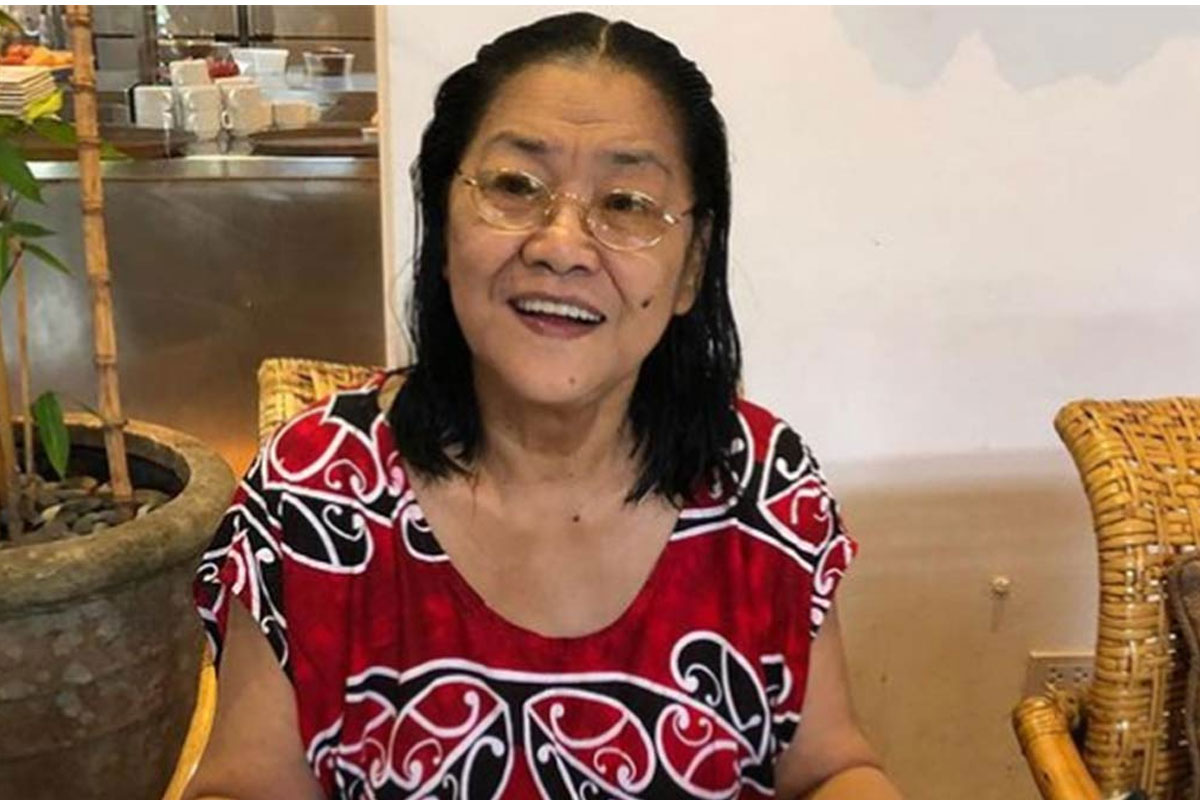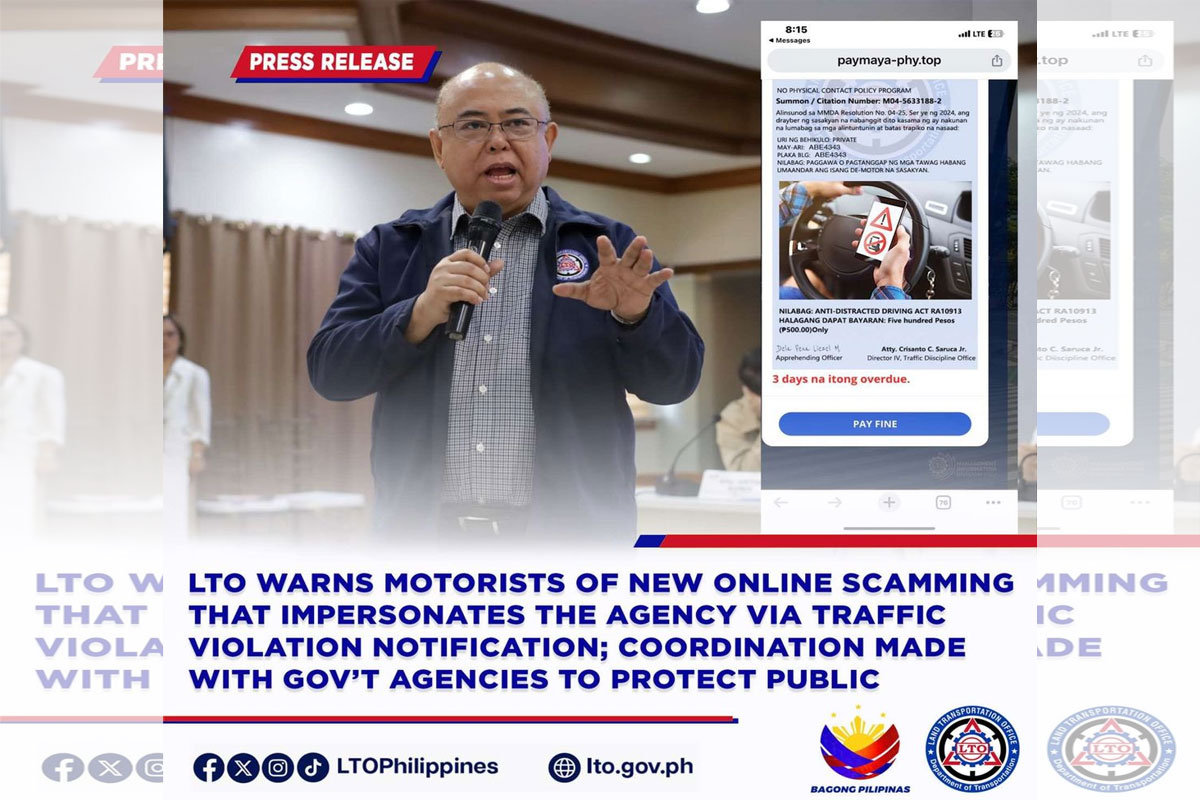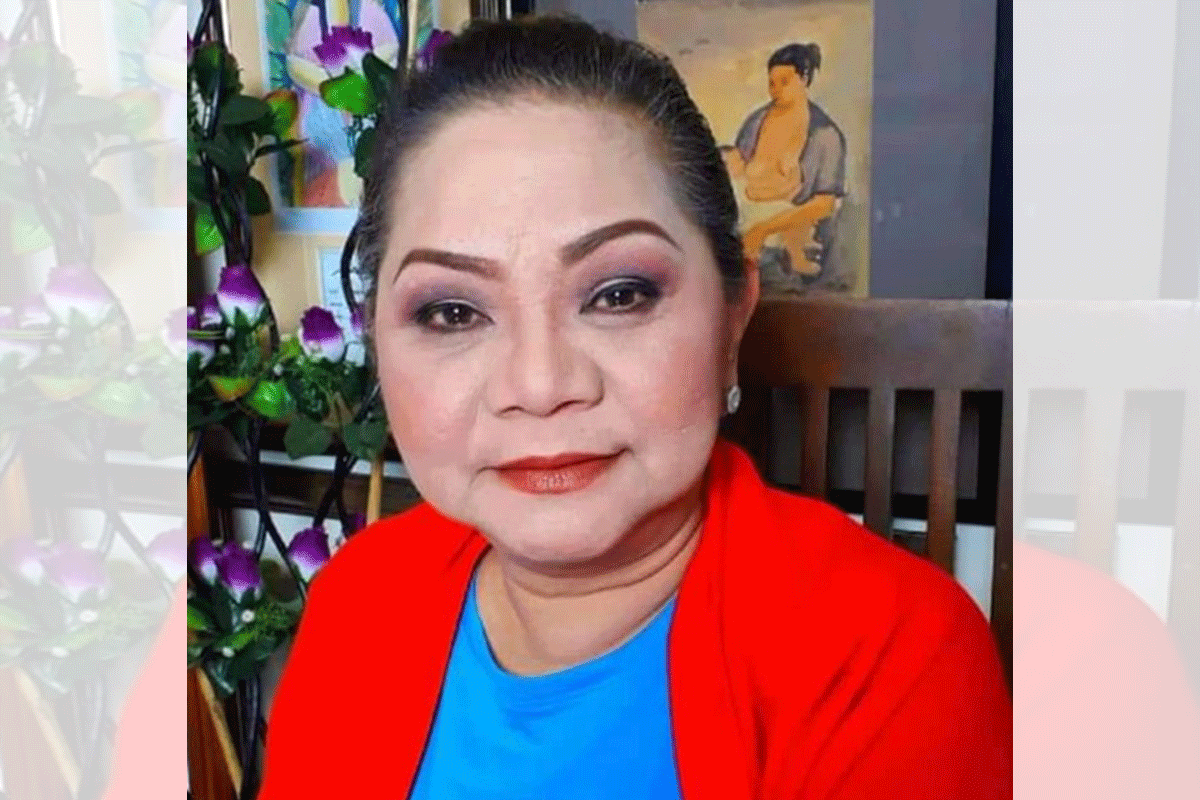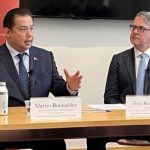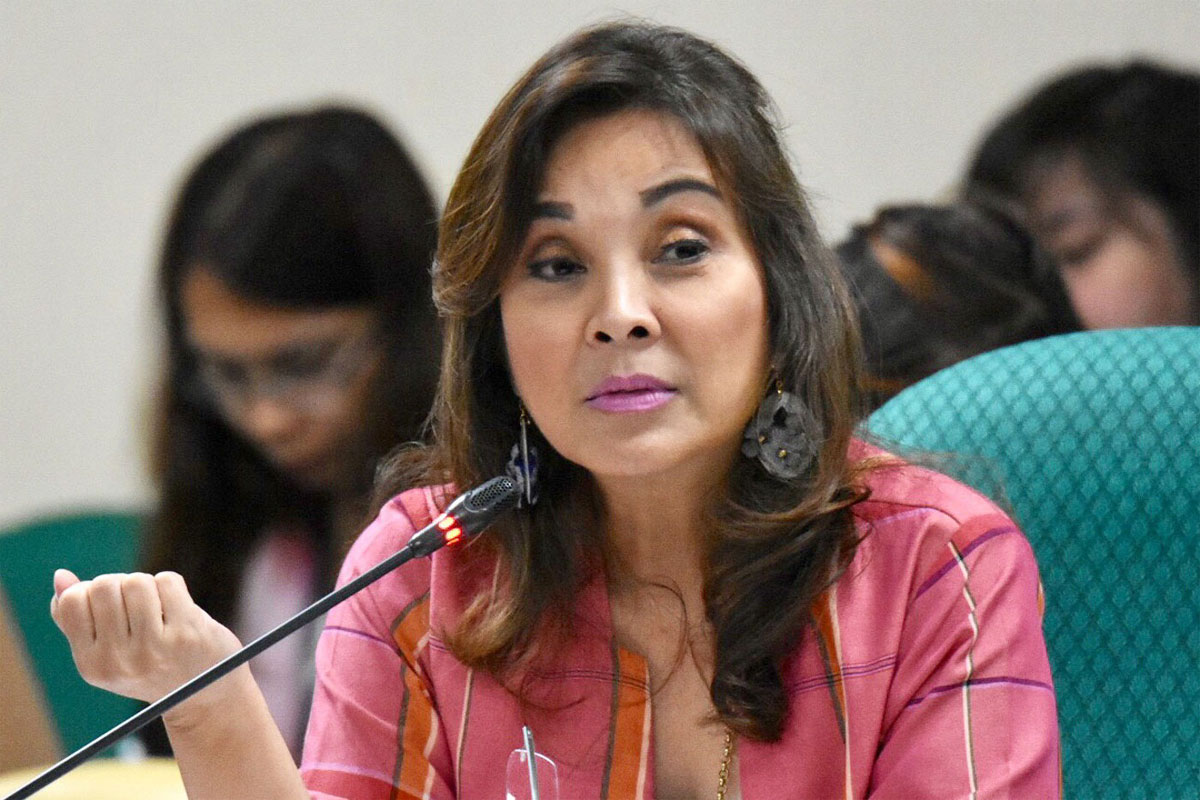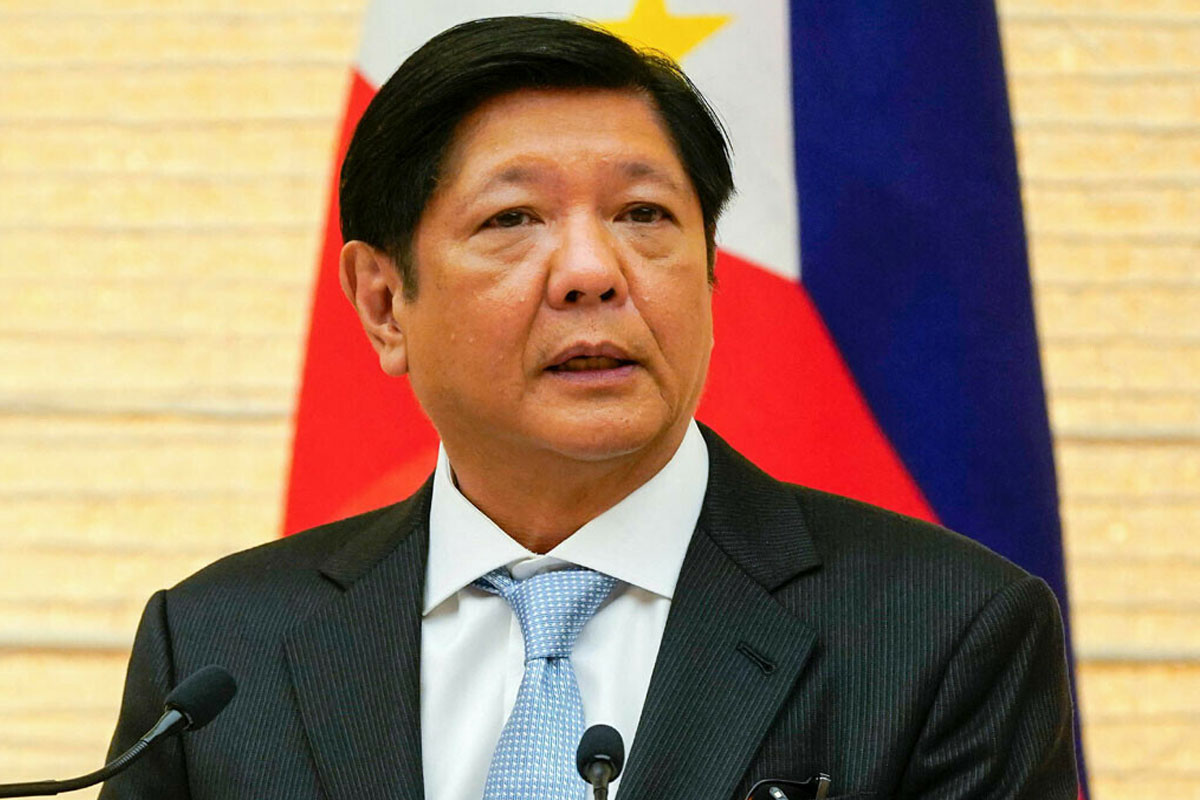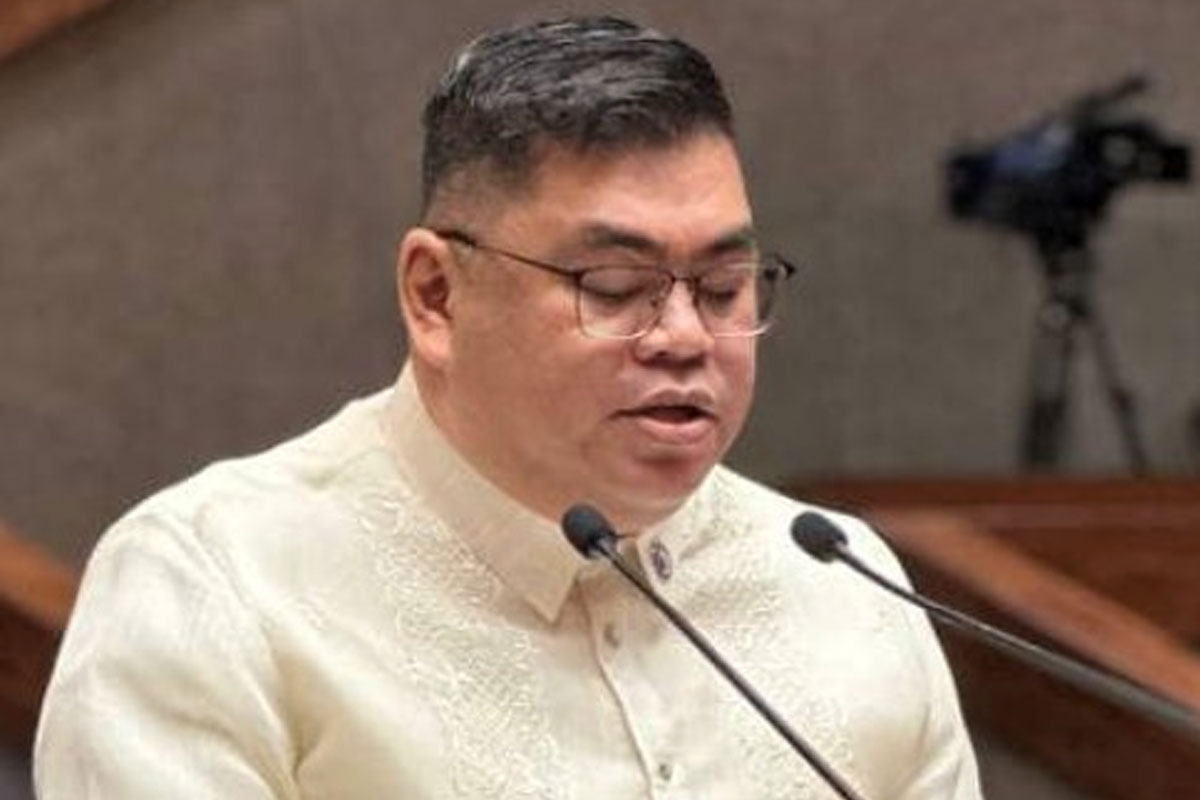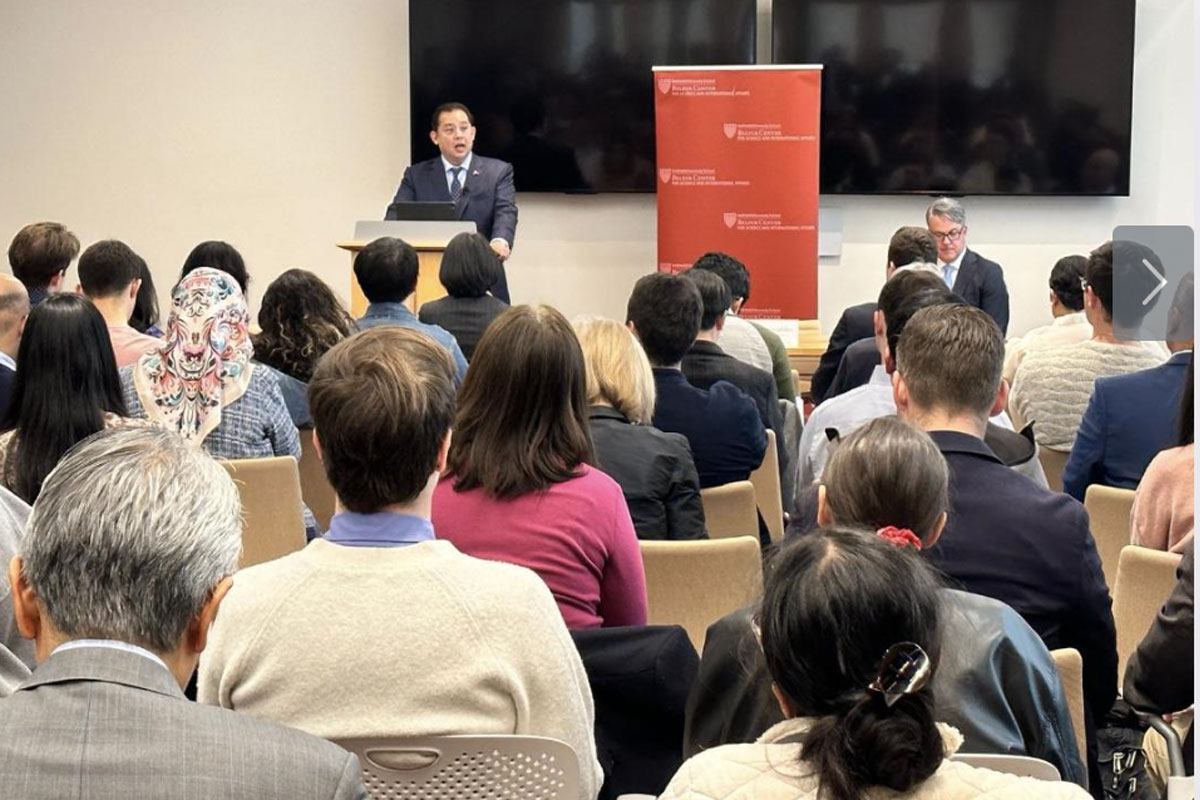 Speaker Ferdinand Martin G. Romualdez delivers Thursday morning a speech at the Harvard University’s John F. Kennedy School of Government before school’s officials, faculty members and students in Boston, Massachusetts.
Speaker Ferdinand Martin G. Romualdez delivers Thursday morning a speech at the Harvard University’s John F. Kennedy School of Government before school’s officials, faculty members and students in Boston, Massachusetts.
SFMR: Congress to help build stronger PH-US ties
‘PH friend to all, enemy to none’
BOSTON, Massachusetts — Speaker Ferdinand Martin G. Romualdez on Thursday early morning (Philippine time) vowed that Congress, particularly the House of Representatives, will continue helping the Marcos administration build a stronger partnership between the Philippines and the United States.
He made the commitment in a wide-ranging speech at the Harvard University’s John F. Kennedy School of Government before university officials, faculty members and students in Boston, Massachusetts about the future of the Philippines and United States alliance moderated by Mr. Eric Rosenbach, Co-Director of the Belfer Center for Science and International Affairs.
In his remarks, Speaker Romualdez said relations between the two countries remain strong.
“The PH-US relations are strong. The military alliance is iron-clad. Our economic relations are robust. And the friendship between our two peoples is solid,” Speaker Romualdez said in his policy speech before the Harvard community upon invitation of the university’s Belfer Center for Science and International Affairs followed by question and answer from the Harvard community.
The Speaker said the legislature “will continue to represent the will of the Filipino people under the leadership of President Marcos Jr., as the chief architect of Philippine foreign policy, of being ‘a friend to all, an enemy to none.’”
“And it is along these lines that we will continue to craft national legislation to serve our peoples and promote the national interests of our country,” he said.
“Remember, however, that PH-US relations continue to be an unfinished project. Our task is to build upon the strong foundations of the past
in order to achieve a common future of shared objectives and mutual prosperity. I hope that all of you here today realize that we can all be important partners in this regard,” Speaker Romualdez said.
“May we all continue to make our small contributions to strengthen the friendship between our two peoples. May our work enhance the relations between the Philippines and the United States. May we draw the bilateral ties of our two countries even much closer,” he said.
The Speaker also said the time for US businesses in and other foreign companies to invest in the Philippines “is now” because of the country’s record economic growth.
“The Philippine Congress, through its mandate, lays out the legal framework wherein the Philippines and the United States can prove time
and again that the partnership continues to evolve and be more responsive to promote the interests of their respective peoples,” the House leader told his Harvard audience.
He said the conduct of foreign relations has evolved from being an exclusive prerogative of the executive branch to a share responsibility of the President and Congress.
“Traditionally, foreign relations is conducted by the executive branch of the government and the role of the legislative in foreign policy decision-making is focused on the budgetary and war powers and appointment of diplomatic officials to represent the country overseas,” he added.
However, the Speaker pointed out that “legislative diplomacy has been increasingly part of foreign policy and international relations with the increased meetings with foreign officials, establishment of inter-parliamentary linkages with other countries and through the laws enacted by Congress.”
“The legislative branches of governments of both countries are mandated to establish a legal framework that will promote transparency and accountability in the government to achieve peace and prosperity for the country,” he stressed.
“Its members are responsible in putting forward the interests and will of their respective constituents and at the same time to maintain a balance with enabling laws and the pursuit of national interests while acknowledging the role and importance of domestic and international partners. This is an arduous task, albeit very important,” he said.
He recalled that about two years ago, the Philippines and the US celebrated the 75th anniversary of their formal diplomatic relations.
“Of course, as President Marcos reminds visiting US officials, the relationship between our two peoples are older than those 75 years. It has long been established that defense and security has been at the forefront of the Philippines-US relations,” he said.
He said the 1951 Mutual Defense Treaty between the two countries “remains to be relevant and continues to develop individual and collective capacities to address conventional and emerging security threats.”
“Supplemented by the Visiting Forces Agreement and the Enhanced Defense Cooperation Agreement, the Philippines and the U.S. conducts combined training and exercises which increases interoperability between our forces,” Speaker Romualdez said.
He said the US is the Philippines’s “only treaty ally.”
“It plays a key role in maintaining peace and stability in the Indo- Pacific region and in the world. Our alliance is key to building Philippine capacity as a reliable partner,” he emphasized.
He added that the US is also one of the country’s biggest trading partners, with a total trade of more than $21 billion in 2022 and their economic partnership remaining strong despite the challenges brought about by the Covid-19 pandemic.
“Our economic partnership remained strong despite the challenges brought about by the pandemic and the highs and lows in our political and defense engagements. The U.S. remains to be the top destination of Philippines exports from 2019 to 2022. In fact, exports to the U.S. expanded dramatically from USD 11.122 Billion in 2020 to USD 14.006 Billion in 2021, and USD 16.173 Billion in 2022,” Speaker Romualdez
said.
The US is likewise an important source of Official Development Assistance (ODA) spent mostly in health, peace and humanitarian projects and programs.
In 2021, ODA from the U.S. amounted to $629.69 million.
The US is also one of the top sources of net foreign direct investments, with investments valued at $5.2 billion in 2020, Speaker Romualdez said.
“It is an important source of Official Development Assistance (ODA) mostly in health, peace and humanitarian assistance. In 2021, active ODA grants from the U.S. amounted to USD 629.69 million, or 1.95% of the total ODA. The U.S. is also one of the top sources of foreign direct investments (FDI) with investments valued at US$5.2 Billion in 2020,” he said.
“The relationship between our two countries is truly multi-faceted and what sets it apart from the partnership with other countries is our shared values and history, mutual respect and shared goals to build communities that are prosperous, sustainable, and resilient,” he said.
“As we face the challenges of the future for our peoples, we know that we can rely on each other as friends, partners, and allies. Our common commitment to fight for freedom, peace and democracy around the world is also one of the foundations of the strong relations between our
countries,” he said.
“Democracy is very much alive in the Philippines as it is in the U.S. with all the three fully functioning co- equal branches of the government— the executive, the legislative and the judiciary,” the Speaker said.
He also cited the measures Congress has approved to strengthen RP-US economic partnership and make the Philippines a “viable investment
destination.”
These pieces of legislation included the Corporate Recovery Tax Incentives for Enterprises Act, which provides for competitive corporate income tax rate, and amendments to the Foreign Investment Act, Retail Trade Liberalization Act and Public Service Act.
The Speaker said newly amended Public Service Act now allows 100-percent foreign ownership of key public services, including telecommunications, railways, expressways, airports, and shipping businesses.
“With all the legal frameworks liberalizing economic policies and creating an incentive-driven business environment, now more than ever, US companies will find it easier to invest in the Philippines,” he said.
“As highlighted by the President during the Philippine Economic Briefing in New York last September, the Philippines is the smart investment choice and that the best time to invest is now,” he said.
“The amendments to the Build-Operate-Transfer Law and the Public-Private Partnership Law are designed to be more responsive to the “strategic development targets” of the Philippines by eliminating the ambiguities in the existing law to tap on the full potential of public-private partnership programs to boost infrastructure projects in the country, including ICT projects,” the Speaker said.
He pointed out that the country aims to further spur economic growth through such measures as the Maharlika sovereign investment fund and amendments to the economic provisions of the Constitution.
“The Maharlika Bill creating the sovereign wealth fund for the Philippines is another priority bill for both the legislative and the executive to attract investments in development projects in the country. The Philippines currently has the national budget, PPP programs and the ODA to support the ramping up of infrastructure and development projects. The Maharlika Investment Fund as the first-ever sovereign investment fund in the country is targeted to propel economic growth by investing in financial and profitable assets that will help fund key infrastructure projects,” he said.
He added that various sectors and institutions, including the World Bank, have blamed the Charter’s “restrictive” economic provisions for the weak inflow of foreign investments in the country.
The World Bank has noted that investment barriers are “mainly due to constitutional and legislative limitations for foreign participation in key sectors and economic activities.”
It further noted that the restrictions “have affected the capacity of key sectors to attract the necessary capital, especially for large infrastructure projects, and triggered state-owned enterprises presence in most of these sectors, thus making their development dependent on the financial strength of the government.”
The Speaker said the current House constitutional reform initiative “aims to update the economic provisions of the 1987 Constitution to provide flexibility in the crafting of economic policies regarding ownership of foreign investors in certain sectors of the economy.”
“We have also undertaken an initiative to amend restrictive provisions of the Philippine Constitution that prohibits the entry of foreign investments in our country. The House of Representatives recently approved, by an almost unanimous vote of 301 in the affirmative and 6 in the negative, a legislative measure calling for a constitutional convention. The Senate is currently deliberating their version of a similar measure,” Speaker Romualdez said.
Concluding his remarks before his Harvard audience, he said much has happened in recent years.
“We have gone through a pandemic. We have undergone major transitions both in Manila and in Washington. We have also had to contend with various uncertainties and upheavals,” he said.
“Nevertheless, we continue to work together to grapple with traditional and emerging threats to our mutual peace and security. We continue to be partners in addressing the persistent challenges to our economic growth and development,” he said.



